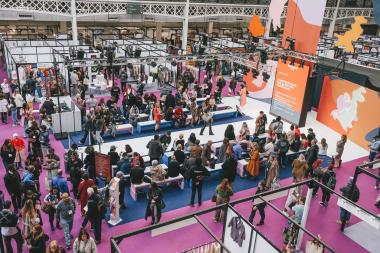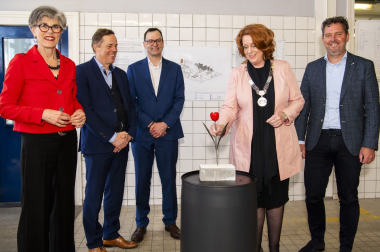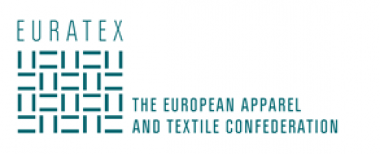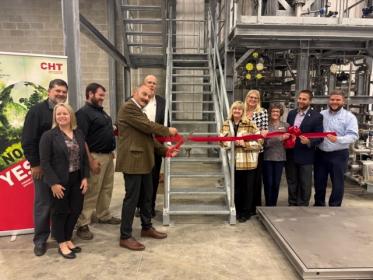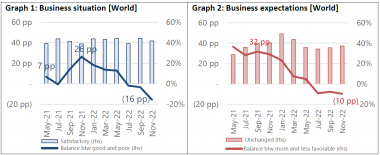Source Fashion targets new sourcing regions
Source Fashion, which takes place at Olympia London from 14th - 16th July 2024, continues to grow its presence of international exhibitors from new sourcing regions, including representation from southeast Asia and Africa.
The first Malaysian manufacturer to be represented at the trade fair is Kualesa Apparel. Kualesa started as a small seed of an idea, with a big ambition and an even bigger purpose. The brand has evolved from a simple set of values to a producer of great-looking and comfortable bamboo apparel that’s challenging fast fashion. Kualesa offer flexible MOQ’s ranging from 250 pieces to high production capacity of 50,000 pieces a month.
Fairs and More Inc from the Philippines returns to the show for a third time, bringing a pavilion of Filipino manufacturers and makers.
The show also welcomes its first ever Nigerian manufacturer, Beyond Clothing. Beyond Clothing is a garment factory, that specialises in crafting premium custom clothing, branded uniforms, corporate uniforms, and sublimated t-shirts. The range also includes promotional apparel, workwear, and PPE personal protective apparel for hospitals.
Returning to Source Fashion, Texpro Corp (a branch of Kassab Group) from Tunisia has grown rapidly to become a fully integrated apparel manufacturer certified with GOTS, BSCI, BCI, and OCS covering the complete production cycle focusing on sustainability through the process from fabrics to manufacturing, washing and dying. The company specialises in denim and flat garment manufacturing and the product portfolio includes casual dresses, shirts, jackets, pants and coats for men, women and kids. Texpro Corp are increasingly partnering with customers to ensure high consistent quality on the products and invest in innovation to help improve the environmental impact by consistently delivering responsibly produced products.
Visitors will also discover International Trade Center (ITC), who is returning with a pavilion that includes a debut area for Ghanian producers. With manufacturing in Ethiopia, Shints Co Ltd. is a global producer of high-performance outdoor clothing and camping equipment.
A strong contingency from Europe includes over 25 UK exhibitors, representation from France, Italy and Spain, and a selection of Portuguese exhibitors including Ttantos Textiles, FLM Textil, SMSenra and Lagofra.
Nearly 30 countries, including Peru, Cambodia, Pakistan, Hong Kong, Italy, and Greece will be represented. Large pavilions from China, India and Turkey have also been confirmed, as well as Tanzania, Madagascar and Nepal.
Source Fashion by Hyve Group


